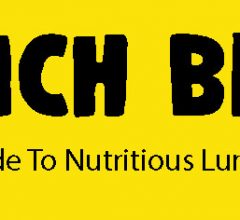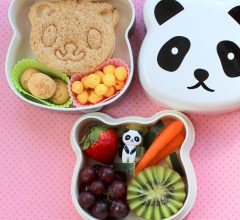Being pregnant is a wonderful and exciting time. Everyone talks about a mothers diet when pregnant and what foods to include and what to avoid and how to cook this and that and it can all become a bit of a minefield. On top of that you’re heading to the bakery three times a day and are currently cooking your second dinner because hey, you’ve got another human inside you now and that means you’re eating calories for two, right? I’m afraid not. Put the cream doughnut down woman. Being pregnant does not mean you need to eat enough for two. In fact, maintaining a healthy, well balanced diet during pregnancy with some minor changes is sufficient to ensure your baby develops correctly.
A very slight increase in calories during the first trimester of pregnancy is recommended. It’s just 70 calories, the equivalent of a digestive.. sorry to burst your feasting bubble. In the second trimester an extra 150-200 calories is enough and 300-400 calories in the third trimester should do the job. Make sure these extra calories come from nutritious healthy snacks. Your baby is eating what you eat and their growth and health is depending on your intake.
Some nutrients to be mindful of and monitor during pregnancy include the following:
Folic acid is something which has been discussed and researched thoroughly in relation to pregnancy. There is a worldwide recommendation for 400 micrograms of folic acid to be taken by women planning a pregnancy for at least 3 months before conception and throughout pregnancy. Intake of folic acid before conception allows for stores to be built up in the body in preparation for the new baby. Folic acid can be taken in supplement form or can be obtained from foods like fortified cereals, green veggies, and dried beans and peas. Research has shown that folic acid can prevent neural tube defects like spina bifida and anencephaly developing in the foetus.

Ensure you are getting enough calcium for healthy bones and teeth for you and your baby. It’s not just for dem bones either. Calcium is used in our bodies for nerve activity and for circulatory systems. Many people associate calcium with dairy products but it is also found in foods like broccoli, kale, tinned fish and fortified cereals. Pregnant women should aim to consume 1200milligrams of calcium every day. Choose a variety of calcium sources and include calcium-rich snacks in your diet to ensure you get enough.
Vitamin D is needed to help calcium be absorbed in the body. When we think of vitamin we may think of the sun and some countries, unfortunately, don’t have a lot of that. We can get vitamin D from certain foods too like oily fish, eggs and meat. If you don’t think you eat enough of these foods then consider a vitamin D supplement. It’s a little harder for us people in the rainier areas too so keep an eye on that sunshine Vitamin.

Iron is something which is discussed time and time again in relation to females in particular but do we know why? Let’s simplify it. Iron is a mineral which is needed in our bodies to create haemoglobin. Haemoglobin is needed to help transport oxygen around the body. So, low iron=less oxygen=not good. When you are pregnant you need to ensure you have enough iron for oxygen for you and for baby. Provided you have a well balanced diet you should get enough iron from your food. Include things like red meat, poultry, beans, peas, dried fruit and fortified breakfast cereals in your diet and you should be well topped up with iron. Include a source of vitamin C too as this will help the absorption of iron in the body. The recommendations for iron in pregnancy range from 3.5mg per day to 6.5mg per day in the last trimester.
Be aware of what you’re feeding your baby and contact your GP or dietitian if you have any concerns. Again, the basic rules of healthy eating apply with some things to look more closely at.
Happy pregnancy!












